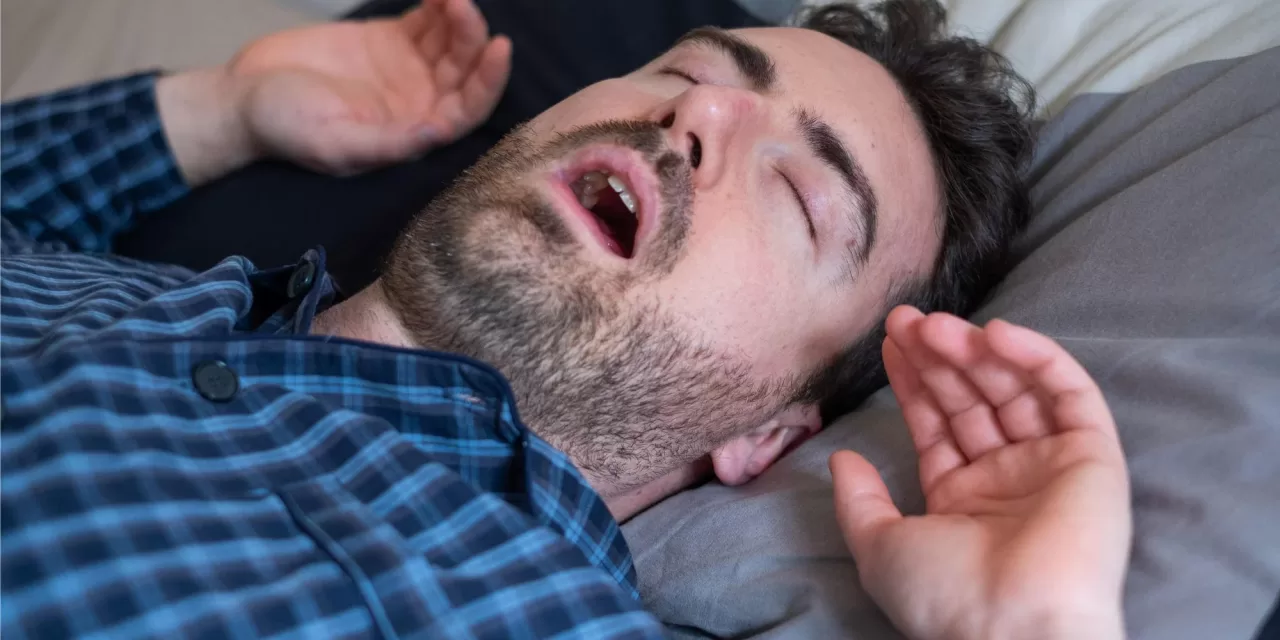A new study has found that poor sleep quality in early middle age may contribute to accelerated brain aging, increasing the risk for cognitive decline later in life. Researchers used brain scans to reveal increased levels of brain shrinkage — a hallmark of aging — among individuals with poor sleep habits, suggesting that inadequate sleep could age the brain by almost three years.
The study, conducted by scientists from the University of California, San Francisco, examined the sleep habits of 589 participants averaging 40 years of age. They completed sleep questionnaires at the start of the study and five years later, and their brains were scanned 15 years after the initial assessments. According to corresponding author Clémence Cavaillès, “Our study, which used brain scans to determine participants’ brain age, suggests that poor sleep is linked to nearly three years of additional brain aging as early as middle age.” The findings were published in the journal Neurology.
The research team categorized sleep issues into several types, including short sleep duration, poor quality, difficulty falling or staying asleep, early morning awakenings, and daytime sleepiness. Participants were divided into three groups based on their level of poor sleep habits: low, middle, and high. Results showed that those with middle levels of sleep issues had an average brain age 1.6 years older than those with minimal sleep issues, while those with high levels of poor sleep aged nearly 2.6 years more than participants with low sleep issues.
These findings underscore the importance of prioritizing sleep early in life to help maintain cognitive health. “Our findings highlight the importance of addressing sleep problems earlier in life to preserve brain health,” said study author Kristine Yaffe. “Maintaining a consistent sleep schedule, exercising, avoiding caffeine and alcohol before bedtime, and practicing relaxation techniques can all be beneficial.”
The study adds to a growing body of evidence linking sleep quality to brain health and age-related conditions, including dementia. As researchers suggest, early intervention for sleep issues could be a vital step in promoting brain health and reducing the risk of cognitive decline.











